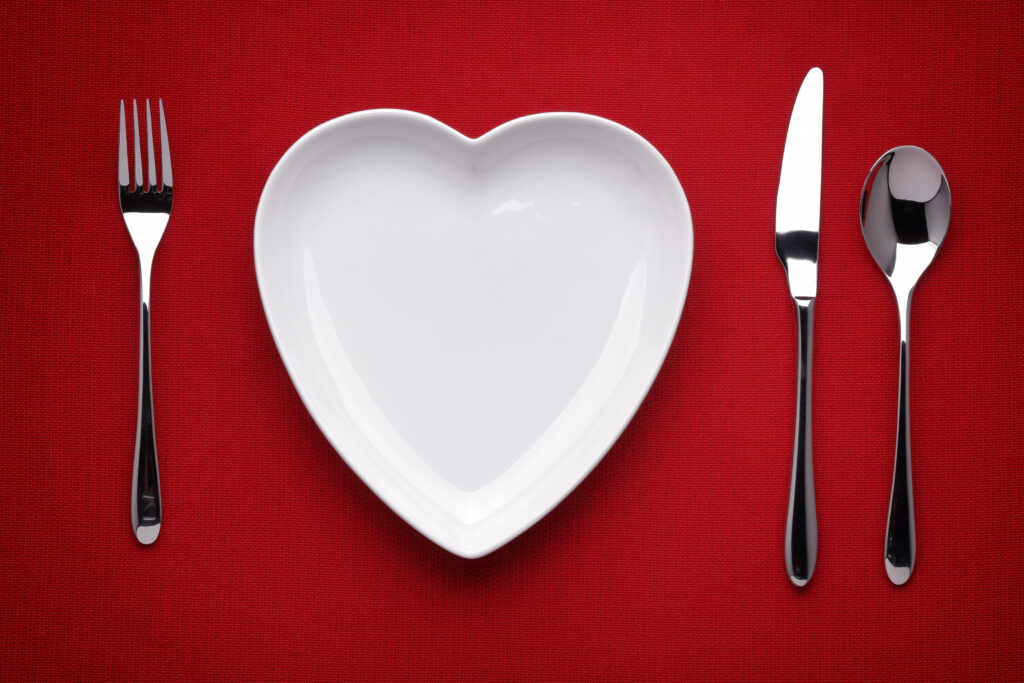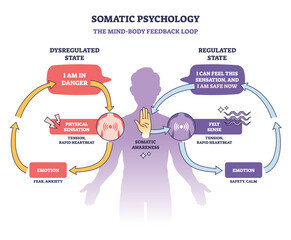Stress is a constant in our lives, whether it’s real or perceived. Some turn to food to cope, while for others, food itself causes stress, impacting their life negatively. Social media bombards us with messages from influencers, health gurus, and loved ones, often labeling foods as ‘good’ or ‘bad,’ causing shame and judgment. However, this is simply not true. Even foods labeled negatively still offer vital nutrients like carbohydrates, protein, and fats that our bodies require to stay healthy and active. We want to avoid these diet culture myths and focus on enjoying all foods.
Diet culture often promotes ‘all or nothing’ thinking, causing hyper-fixation in our eating habits. This excessive planning can bring stress and anxiety, and even affect social life as some avoid gatherings. These eating barriers can lead to shame and self-judgment. This way of eating isn’t sustainable. In this blog, we’ll explore practices to shift your mindset and reframe your thoughts around eating.
Learn to live and accept the gray
The ‘all or nothing’ mindset mirrors ‘black and white’ thinking, where we label foods as ‘good’ or ‘bad.’ However, it’s crucial to recognize that foods, regardless of labels, offer various benefits—like satisfying cravings or connecting through cultural experiences. Embracing the gray means understanding that all foods can contribute to a healthy, balanced relationship with food.
Tap in Mindful eating practices
Mindful eating helps you be present in the moment while eliminating self-judgment and focusing on internal processes and external environments. Unlike dieting, the goal of this methodology is to enjoy the moment and increase awareness of the food experience, rather than aiming for external objectives such as weight loss or food avoidance. Mindful eating involves:
- Focus on all the senses– notice how the food looks, smells, sounds, tastes, and feels to you. It’s important to set aside our previous experiences with the food and focus on how you feel now.
- Be patient– enjoy the food and be aware of every moment. Enjoy the experience of having a meal rather than rushing through it.
- Consider your feelings before, during, and after eating– instead of focusing on the calories or any other external marker, reflect on how you feel throughout the entire meal. Do you feel satisfied? Energized? Hungry? These cues offer valuable insights into understanding yourself. When judgmental thoughts arise like ‘I shouldn’t have eaten this,’ be kind to yourself. Remember, healing your relationship with food is a journey, and honoring your hunger cues and cravings is a part of that process!
Embrace Self-Compassion
Self-compassion includes acknowledging imperfections and treating oneself with kindness, mindfulness and understanding when faced with feelings of failure or being inadequate. Some days, you’ll feel on top of it, while others might be disappointed or frustrating – and that’s okay! Instead of striving for perfection all the time, show yourself compassion. Recognize that some days may be tougher, but what matters most is trying to make choices aligned with recovery every day. Every small step counts. When you face self-judgment, think about how you’d support a friend, family member, or child in the same situation—with kindness and empathy. Extend that same compassion to yourself.
Seeking extra support? Professional guidance can make a difference
Navigating this journey alone can be tough, even with a strong support network. Trained professionals, like dietitians, offer specialized nutrition guidance and support. Collaborating as a team we work with your therapist and treatment team to address your specific challenges together. At Nutrition Braved, we aim to dismantle food judgments and welcome all foods into your life. We focus on finding a balance that meets your body’s needs without deprivation. Each food type plays a unique role in nourishing your body. Our goal is to help you move away from these diet myths and embrace enjoying all kinds of food.




